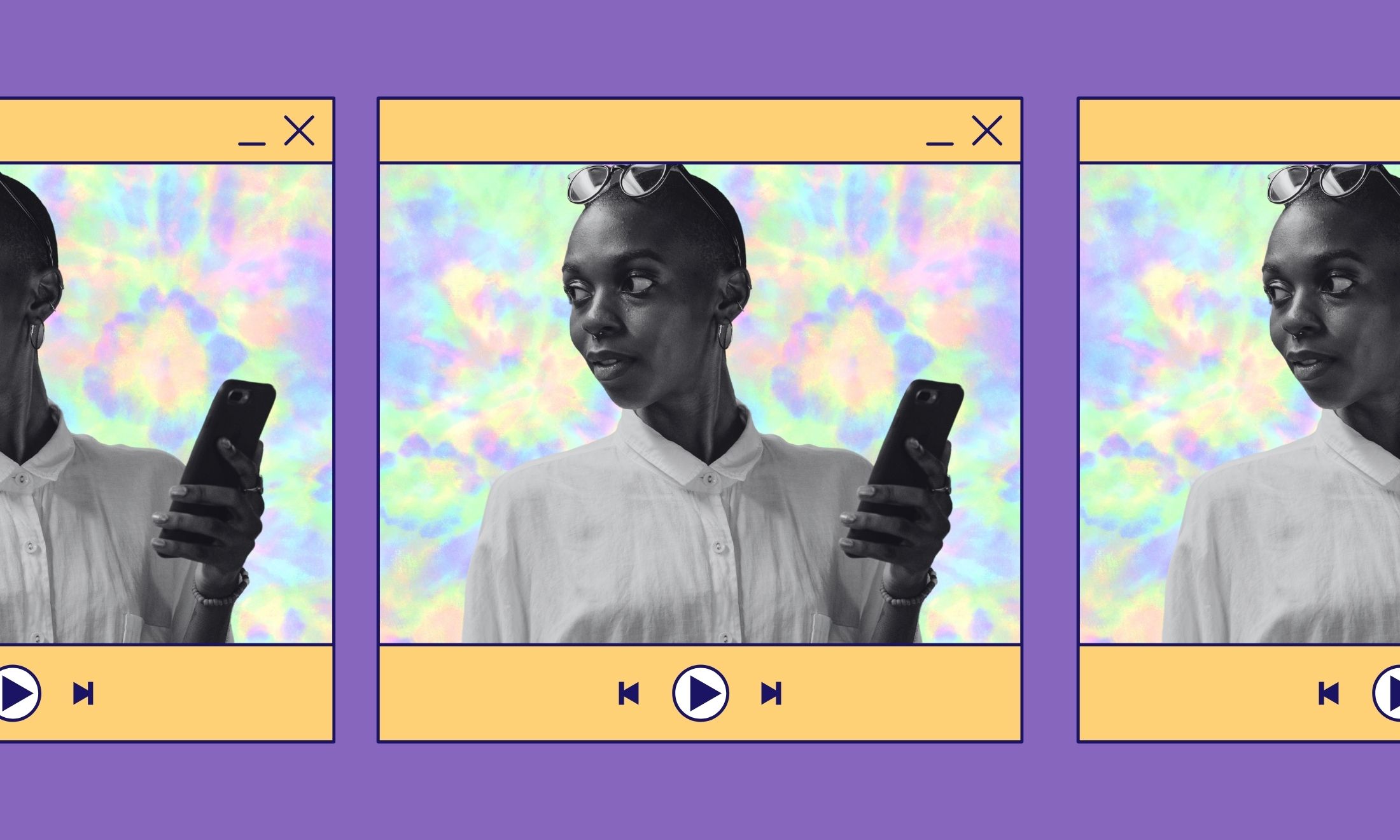
Ketut Subiyanto via pexels | canva
Get Rich or Lie Trying: the monetisation of Black Twitter
In an extract from 'Get Rich or Lie Trying', Symeon Brown looks at Black Twitter’s cultural influence and how it’s fast becoming a money-making machine.
Symeon Brown
28 Feb 2022
In 2020, what was effectively the lynching of George Floyd by Minneapolis city police triggered a reaction so visceral that institutions everywhere had to reassess their racist legacies. For the first time in my life, a real conversation was being had, but within collective actions there were individual attempts to profiteer, as millions looked for causes to donate to. In London, a cohort that included black beauty bloggers, entrepreneurs and influencers set up a GoFundMe page that cited George Floyd’s death as a motivation, promising to reward those doing racial justice work in the UK. However, the initial money raised was for their individual pockets.
Black Twitter has been defined as much by protest as it has by its cultural influence. Mining Black Twitter for media has made companies millions and created what many users see as a new form of work. Grammar, phrases and jokes created by black Twitter users have been appropriated by multinational companies for advertising campaigns. In 2019, the popular American fast-food chain Popeyes launched its new chicken sandwich with a social media campaign that used black colloquial language to publicly ridicule its rival Wendy’s by quoting Wendy’s tweet about its new burger, ‘Y’all good?’ It was a gesture that was the equivalent of digital beef as their new chicken burgers went head to head.
“Mining Black Twitter for media has made companies millions”
Hundreds of thousands of people have shared the tweets and cheered on the flamboyant voice that sent Popeyes viral. The company shortly after announced that their new sandwich had sold out almost everywhere. The demand was so high that the restaurant and social media users reported standstill queues, exhausted workers and a shortage of burgers that lasted up to two months. The attention generated by the single tweet was estimated to be worth $65m.
In addition to the clear commercial strength of Black Twitter, words like ‘squad’ and ‘bae’ and phrases like ‘on fleek’ and ‘yas queen’ have become part of popular American culture and multicultural London English. The ironic black expression ‘woke’ has even become ubiquitous in mainstream media, albeit as the most misappropriated, misused and misunderstood word of the decade.
Black Twitter’s cultural influence on internet grammar is second to none, and although the ethics of publicly shared culture being harnessed for private profit is much disputed, that has not stopped its biggest critics from participating in the competition to go viral through wit and wordplay. Black Twitter has become a factory of internet writers and watchful plagiarists hoping to find micro-internet fame by typing punchy prose, or copying and pasting it from somebody else’s page. The ambition to grow a following that can be indirectly monetised through television appearances, speaking gigs and book deals has become far more direct. Underneath viral tweets, Twitter users post affiliate links to products they receive commission on, and increasingly more users set up Cash App accounts and link them to their most viral threads or tweets.
“Black Twitter has become a factory of internet writers and watchful plagiarists hoping to find micro-internet fame by typing punchy prose, or copying and pasting it from somebody else’s page”
The app allows other users to transfer you money if they like your tweets. The consequence has been to turn online communities into vicious competitions for attention and private gain. This goes beyond Black Twitter but looks even more dishonest in a community that is striving for equality. Twitter rewards not only the most articulate but also those who pander to their audience’s most extreme biases. The platform’s 280-character limit is not the best for conveying nuance, but it is the economic incentives that have turned it into a race to the bottom. Twitter is not a place to expect honest descriptions about the world when those making them do so for applause and attention irrespective of whether they believe in what they are saying.
The most tribal of Twitter’s communities are drawn up along the lines of race, gender and partisan political allegiance, because those are often the most emotive and easiest ways to antagonise. Each week a new ‘race row’ grips tabloid programmes like the UK’s Good Morning Britain(GMB). The programme and its former host Piers Morgan have discussed whether concern over racist language is itself racist, defended British colonialism whilst guests pointed out Britain’s former use of concentration camps, and told a black guest he should repatriate himself if he believes Britain has a racism problem. GMB purposely chooses to inflame rather than inform its viewers to gain newspaper column inches, and it regularly surfs Twitter looking for the next outrage to mine for its audience. Sometimes it feels like everyone on the platform is doing the same.
Extracted from ‘Get Rich Or Lie Trying: Ambition and Deceit in the New Influencer Economy‘, published by Atlantic Books on 3 March.





